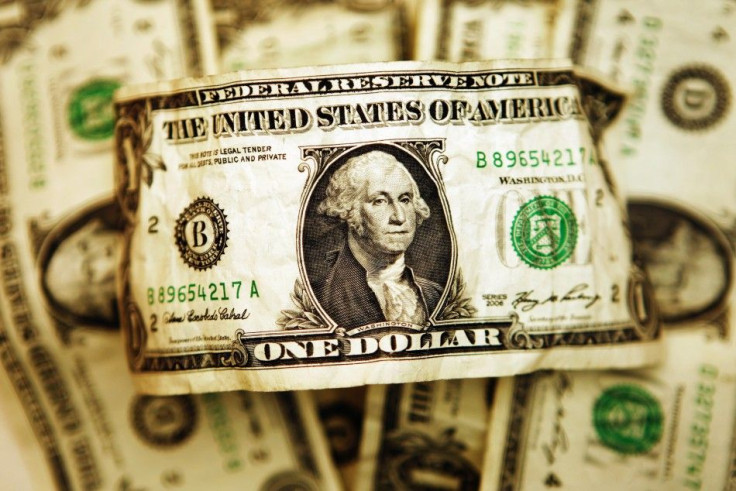Money market edgy as Washington votes on debt cap

Interest rates on most Treasury bills fell on Monday after a tentative deal among top Washington lawmakers to raise the debt ceiling soothed anxiety of a sovereign debt default.
Investors, however, remain worried that the agreement could fall apart and that the United States faces the possible loss of its top-notch ratings in the coming weeks from credit rating agency S&P deems that the agreement does not go far enough to reduce long-term federal indebtedness.
The rate on the T-bill issue due Aug 4, which the government might skip repaying if its statutory $14.3 trillion borrowing limit were not raised by Tuesday, was last quoted at 21 basis points, down 5 basis points from late Friday, according to Tradeweb.
At one point, the rates on other T-bills that mature in August were down as much as 7 basis points.
"We've seen quite a bit of volatility in funding rates this morning," said Brian Smedley, U.S. rates strategist at Bank of America Merrill Lynch in New York. "I expect overnight funding rates to calm down once the debt limit legislation is signed, and this should help other short term interest rates begin to normalize."
Until the government enacts legislation that increases the federal borrowing limit, edgy investors are hoarding cash, putting money into bank accounts and alternative investments such as commercial paper.
The high anxiety over the wrangling in Washington has caused heavy redemption in money market funds, which are big providers of overnight cash for banks and Wall Street in the $1.6 trillion tri-party repo market.
Money market funds lost $37.95 billion in assets last week, led by an exodus from funds that invest in short-term government debt, the Investment Company Institute reported.
The interest rates on what lenders charge on overnight loans backed by Treasuries as collateral jumped to 0.38 percentage point on Monday. a level not seen since late December, according to Tradeweb.
Later Monday, both houses of the U.S. Congress were expected to vote on the White House-backed deal, which would trim about $2.4 trillion from the deficit over the next decade. For more, see
Meanwhile, Monday's settlement of the $99 billion in coupon-bearing Treasuries auctioned last week reduced the amount of overnight excess bank reserves, fueling the spike in repo rates, analysts said.
With an expected increase in the debt ceiling, the U.S. Treasury Department auctioned $27 billion in three-month bills due Nov 3 at an interest rate of 0.115 percentage point, the highest since the 0.145 point on the three-month issue sold on Feb 28.
Last week, it auctioned three-month bills at a rate of 0.06 point.
At the same time, it sold $24 billion in six-month bills due Feb 2, 2012 at a rate of 0.15 percentage point, matching the level at a six-month auction on March 21.
A week ago, it sold six-nonth bills at a rate of 0.10 point.
The U.S. Treasury will sell $23 billion in 4-week or one-month bills at 11:30 a.m. on Tuesday, up from the $18 billon offered last week.
As midday Monday, traders expect the new one-month bills to sell at a rate of 0.12 percentage point, which would be the highest in five months.
© Copyright Thomson Reuters 2024. All rights reserved.





















